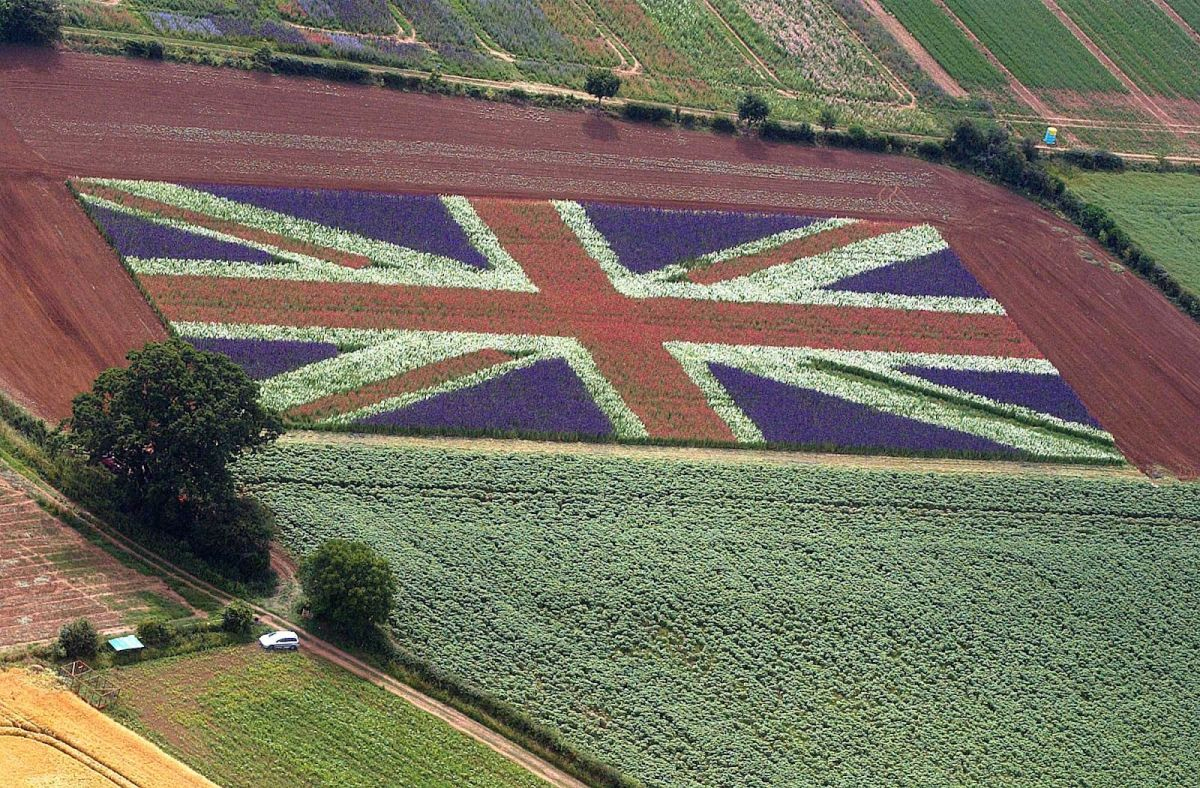What support would farmers get after Brexit?

The Common Agricultural Policy (CAP) was established more than fifty years ago to increase agricultural productivity, thereby ensuring that farmers received a fair level of income and that consumers had access to safe and secure sources of food at reasonable prices.
The CAP is one of the few policies agreed at EU level and almost entirely funded by the EU budget.
Appearing on the BBC programme Countryfile, former Mayor of London Boris Johnson said the government would be mad not to continuing support farmers if the UK voted to leave, but refused to say whether that support would be greater than what is currently available through EU membership.
How much money does UK farming receive through the CAP?
In 2015 UK farmers received €3,084bn in pillar 1 direct support, also known as Basic Payment Scheme (BPS).
In England and Wales this equates to an average payment of €235 and €179 per hectare respectively.
In addition to the basic payment, UK farmers will also have access to €5.2bn that has been allocated to the UK for rural development projects over the period 2014-2020.
This figure includes €2.3bn that has been transferred from the BPS to the UK rural development programmes.
The Tenant Farmers Association (TFA) issued a draft of potential agricultural policies which could be implemented by the government in the event of a vote to leave.
"As I travel around the country, many farmers in their heart of hearts would like to see Britain leave the EU," said TFA Chief Executive George Dunn.
"Perhaps the choice to leave would be made easier if they knew that this would also lead to a change in Government to deliver a pre-agreed agricultural policy for Britain. However this is not on offer."
If the UK pulled out of the EU, what would it mean for a typical farmer?
If the UK decided to leave the EU after more than forty years of being a member, it would have to negotiate an agreement with the EU defining the arrangements for its withdrawal and its future relationship with the EU.
It’s impossible at this stage to foresee what the future relationship between the UK and the EU would look like given the high degree of uncertainty surrounding the negotiation process.
There are a number of existing agreements in place as alternatives to EU membership, including the European Free Trade Association (EFTA) and the European Economic Area (EEA).
However, neither of these agreements covers the agricultural sector.
"I can assure you Defra will be Brexit ready if we vote to leave," said George Eustice at the Royal Bath and West Show.
""And if we do vote for change the Prime Minister will lead the reconciliation to that new reality – the entire machine of government will be committed to withdrawal from the EU in the best possible way."
TFA Chief Executive George Dunn said: "We should be looking at many other areas including developing fairer supply chains, ensuring protection against inappropriate trading practices, creating a proper and progressive farming ladder and protecting the British brand."
Former Defra minister Owen Paterson said farmers would in fact benefit from leaving the EU as they would be free from EU directives and subsidy policies.
Paterson said money could be better used in a targeted and efficient manner.
"I believe that the United Kingdom has a great future beyond the political arrangements of the European Union," Paterson said at the Oxford Farming Conference.
"Agriculture and food production is hampered by our membership of the Common Agricultural Policy. CAP negotiations between 28 countries inevitably mean that we have to accept compromises, these are at best deeply unsatisfactory and at worst actively damaging to UK farmers."
Government should give commitment to farmers if electorate vote to leave
The inability to give long term commitments is perhaps understandable, but the National Sheep Association believes the current Government, at the highest level, should give firm indications of how farming and food production would be treated if the country was to vote to leave.
Phil Stocker, NSA Chief Executive says: "Many people directly involved in agriculture are supportive of remaining in the EU but, increasingly, I am talking to sheep farmers who are somewhat attracted to leaving, remembering that the UK joined a common market and not a ‘super state’.
"However, the politicians running the out campaign can only give a personal opinion of what they might like to see in terms of investment and support for farming and food, not solid commitments.
"The farming industry needs firm assurances to base their decision on, not just opinion and ideas.
"Defra is currently working on its 25 Year Food and Farming Plan, which NSA believes should include a commitment to support and nurture agriculture in order to deliver that plan, With reference to a future in and out of the EU. We would like to see clear and committed plans and intentions for both options.
"Evidence over the last decade or more suggests the Treasury would reduce funding for agriculture, even if there was an overall saving made by exiting the EU.
"Therefore the absence of any guarantee to maintain support, in particular to upland farms in marginal situations, means Brexit is of real concern to many NSA members.
"While the farming vote overall will be small, and outweighed by people more generally making decisions based on the economy and immigration, farmers are faced with making an uninformed vote.
"This is incredibly disappointing given the significance of the vote on the sheep sector and agriculture in general."








